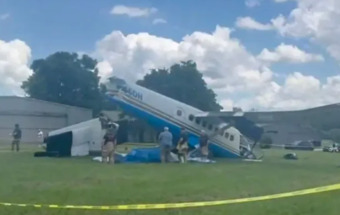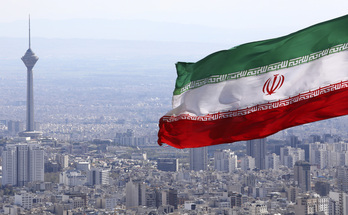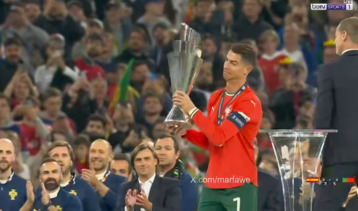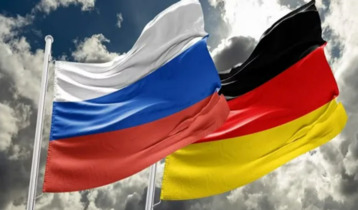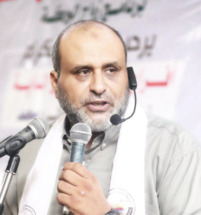-
EU to suspend green farming rules to respond to the global needs for food
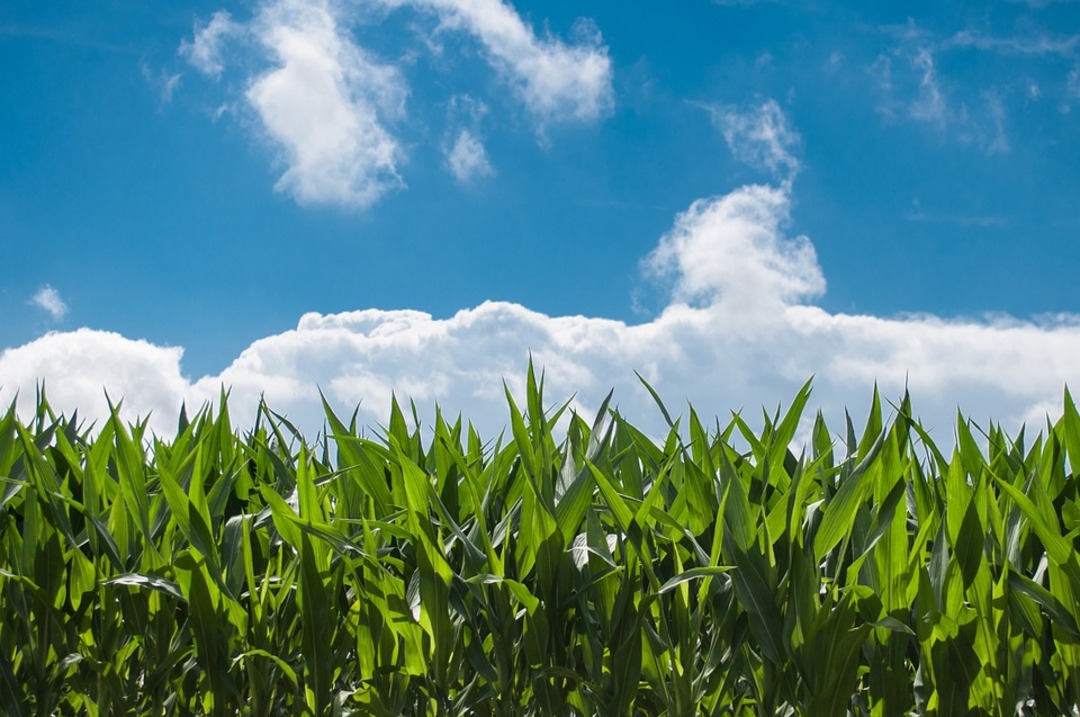
The We For News reported, EU officials have said, the European Commission is temporarily allowing European Union (EU) farmers to grow crops on fallow land currently designated as “ecological focus areas” to enhance global food security as food stocks and storages in Ukraine are being destroyed by the ongoing Russia-Ukraine conflict.
This “exceptional and temporary derogation” aims at increasing the production of crops for food and feed purposes to mitigate the loss of Ukrainian products on the global market, according to Valdis Dombrovskis, Executive Vice President of the European Commission in charge of an economy that works for people. Dombrovskis is also European Commissioner for Trade.
Janusz Wojciechowski, European Commissioner for Agriculture, said: “The EU is an agricultural superpower and we will ensure that our farmers have the Commission’s full support to respond to the global needs for food.”
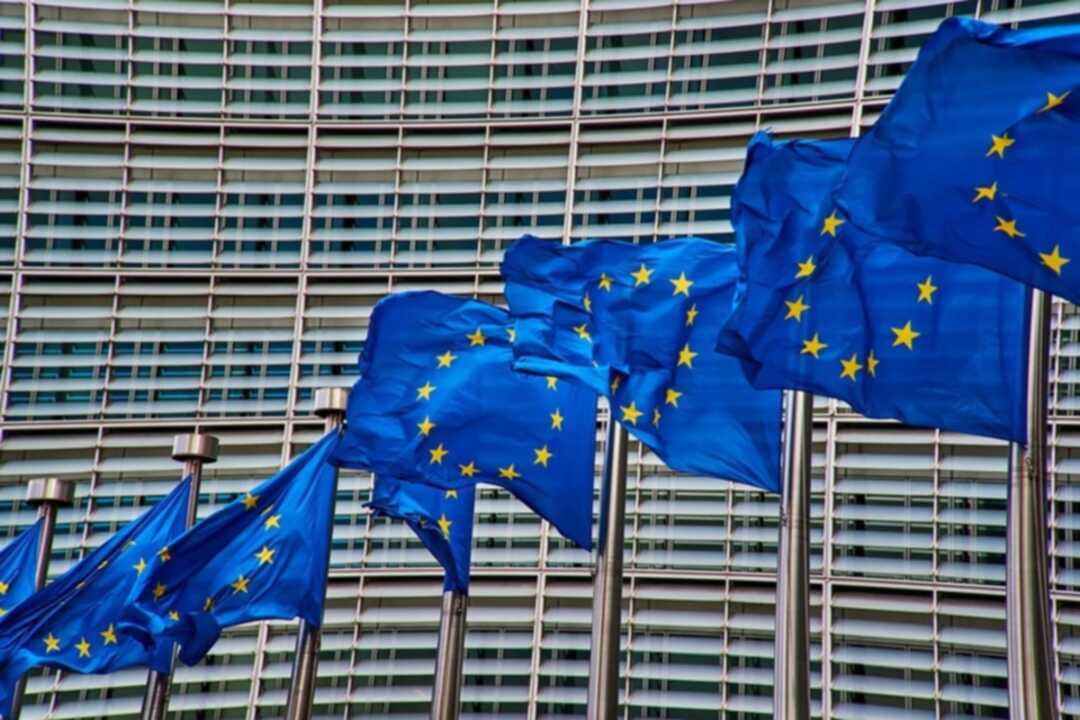
Farmers will be able to grow food or feed on the four million hectares of EU fallow land this year. All technicalities should be cleared within the next seven days to allow EU farmers to use this extra fertile land in time for the spring sowing season, according to Wojciechowski.
Kenya, UN agencies launch initiative to end tobacco farming in the country
Xinhua news agency reported, to help EU farmers, the derogation is accompanied by a support package worth 500 million euros ($549 million) for European producers most affected by the consequences of the conflict in Ukraine; advances of direct payment in October for 2023; market safety net measures for the pigmeat market; and temporary flexibilities to existing import requirements on animal feed.
Dombrovskis said, the loss of Ukrainian agricultural products resulting from the ongoing Russia-Ukraine conflict could disrupt food supply for lower-income countries in regions such as North Africa and the Middle East, which rely heavily on wheat imports.
Egypt buys 126,000 tons of wheat from Russia, Ukraine as conflict rages on
Other regions that could be affected by the destruction or loss of Ukrainian agricultural products include Asia and Sub-Saharan Africa.
The EU is also set to help Ukrainian farmers as much as possible to ensure a successful sowing season, despite the conflict. A short and medium-term food security strategy is being developed by Ukraine with support from the EU to enable the former to feed its citizens and start exporting again.
Russian invasion against Ukraine affects wheat and grain markets worldwide
Wojciechowski said: “Our first priority is to make sure that Ukrainians have enough food, fuel and water. We will also help them to continue planting and growing cereals and oilseeds, much needed for themselves and for the world and facilitate their exports.”
Source: wefornews
You May Also Like
Popular Posts
Caricature
BENEFIT Sponsors BuildHer...
- April 23, 2025
BENEFIT, the Kingdom’s innovator and leading company in Fintech and electronic financial transactions service, has sponsored the BuildHer CityHack 2025 Hackathon, a two-day event spearheaded by the College of Engineering and Technology at the Royal University for Women (RUW).
Aimed at secondary school students, the event brought together a distinguished group of academic professionals and technology experts to mentor and inspire young participants.
More than 100 high school students from across the Kingdom of Bahrain took part in the hackathon, which featured an intensive programme of training workshops and hands-on sessions. These activities were tailored to enhance participants’ critical thinking, collaborative problem-solving, and team-building capabilities, while also encouraging the development of practical and sustainable solutions to contemporary challenges using modern technological tools.
BENEFIT’s Chief Executive Mr. Abdulwahed AlJanahi, commented: “Our support for this educational hackathon reflects our long-term strategic vision to nurture the talents of emerging national youth and empower the next generation of accomplished female leaders in technology. By fostering creativity and innovation, we aim to contribute meaningfully to Bahrain’s comprehensive development goals and align with the aspirations outlined in the Kingdom’s Vision 2030—an ambition in which BENEFIT plays a central role.”
Professor Riyadh Yousif Hamzah, President of the Royal University for Women, commented: “This initiative reflects our commitment to advancing women in STEM fields. We're cultivating a generation of creative, solution-driven female leaders who will drive national development. Our partnership with BENEFIT exemplifies the powerful synergy between academia and private sector in supporting educational innovation.”
Hanan Abdulla Hasan, Senior Manager, PR & Communication at BENEFIT, said: “We are honoured to collaborate with RUW in supporting this remarkable technology-focused event. It highlights our commitment to social responsibility, and our ongoing efforts to enhance the digital and innovation capabilities of young Bahraini women and foster their ability to harness technological tools in the service of a smarter, more sustainable future.”
For his part, Dr. Humam ElAgha, Acting Dean of the College of Engineering and Technology at the University, said: “BuildHer CityHack 2025 embodies our hands-on approach to education. By tackling real-world problems through creative thinking and sustainable solutions, we're preparing women to thrive in the knowledge economy – a cornerstone of the University's vision.”
opinion
Report
ads
Newsletter
Subscribe to our mailing list to get the new updates!


